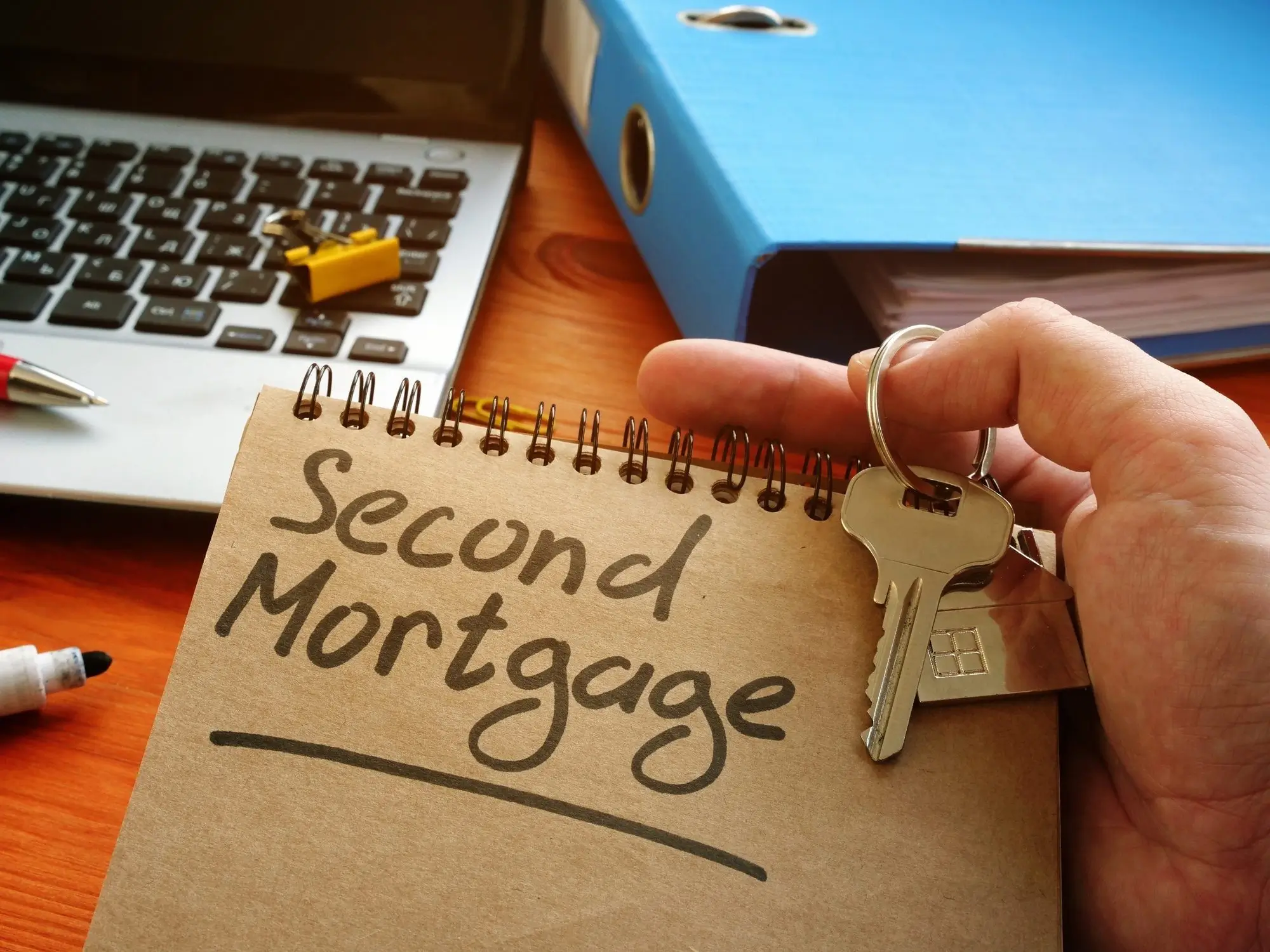 780-413-1684
780-413-1684
780-413-1684
780-413-1684

As the name suggests, a second mortgage is a type of loan taken against your property while still repaying your first mortgage. In other
words, if you take a second mortgage, you'll be paying two loans either to one primary lender or two different lenders. Second mortgages are
an attractive option for most homeowners who have built up their home equity. This is because a second mortgage gives you access to
low-interest loans with a longer repayment period compared to other loans such as credit card loans or unsecured loans. Call
us
today to learn more about your options.
There are two types of second mortgages: a home equity loan where you get a lump sum to cover your needs and a home equity line of credit (HELOC) that gives you a credit limit for some years, payable after this period elapses. The other difference is that home equity loans come with fixed rates while HELOCs have variable interest rates.
Whether you choose a home equity loan or a HELOC, some requirements must be met. First, you must have at least 20% equity in your home to qualify for a second mortgage. For instance, if your home's current value is $800,000 and you owe $400,000 on your mortgage, the equity is $400,000, i.e., ($800,000 – $400,000). This represents a 50% equity in the home ($400,000 / $800,000 * 100, which is higher than the required 20%.
With a second mortgage, the lender takes on a higher risk. This is because the first mortgage is always prioritized in case of a default. For this reason, second mortgage lenders charge slightly higher interest rates. Before granting the loan, most lenders will also consider your credit score, debt load, proof of income, and financial stability.
A second mortgage is an easy option if you need a lump sum to cover expenses such as paying for kids' tuition, major car repairs, medical fees, etc. You can always use your second mortgage to fund different projects or needs, but you should have a solid repayment strategy.
Due to low-interest rates and longer repayment periods, you can use these loans to:
Pay your most pressing debts such as credit cards or unsecured personal loans using a second mortgage. This saves you a lot of money in the long run, plus it can help boost your credit score.
You can realize a higher ROI by choosing the right renovations on your home. You may also claim tax deductions on the interest paid on the portion of the loan used to cover particular renovations such as energy-efficient installations or renovating for medical purposes.
Second mortgages are always a better alternative to other loan products in the market if you qualify for them and have a realistic repayment strategy. However, it's worth noting that these loans come with significant risks. And since you are using your home as security, any financial instability due to job loss, disability, sickness, etc., could force you to default on the mortgage.
Failure to repay both the first and second mortgages could lead to foreclosure with a huge risk of losing your property. Speak to a BMC Mortgage & Investments advisor today to help you evaluate your options.
